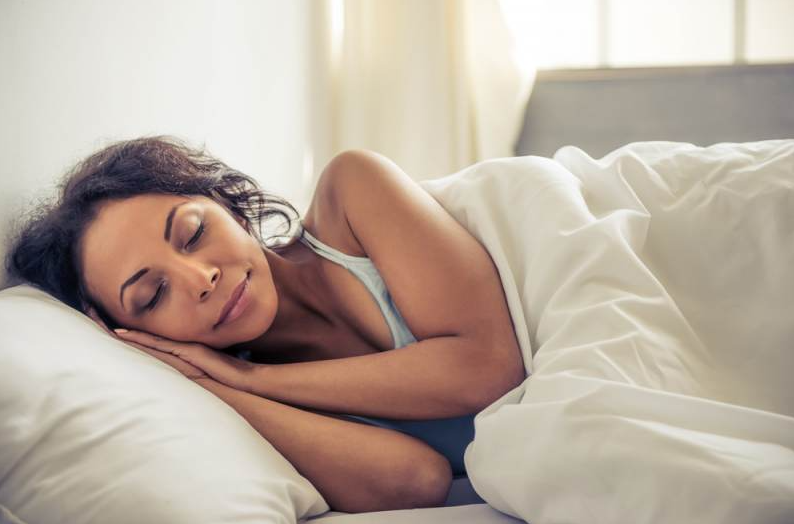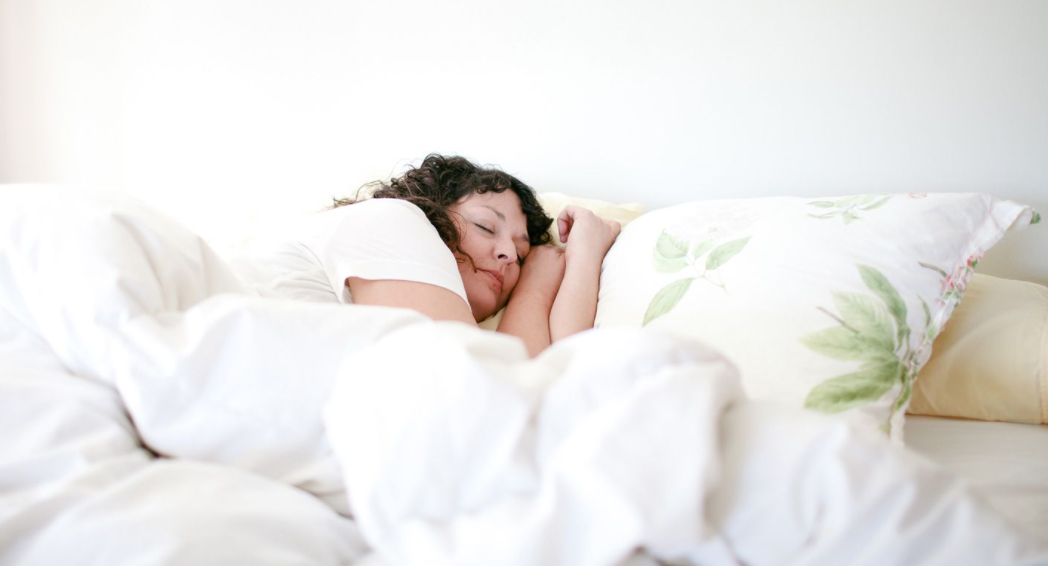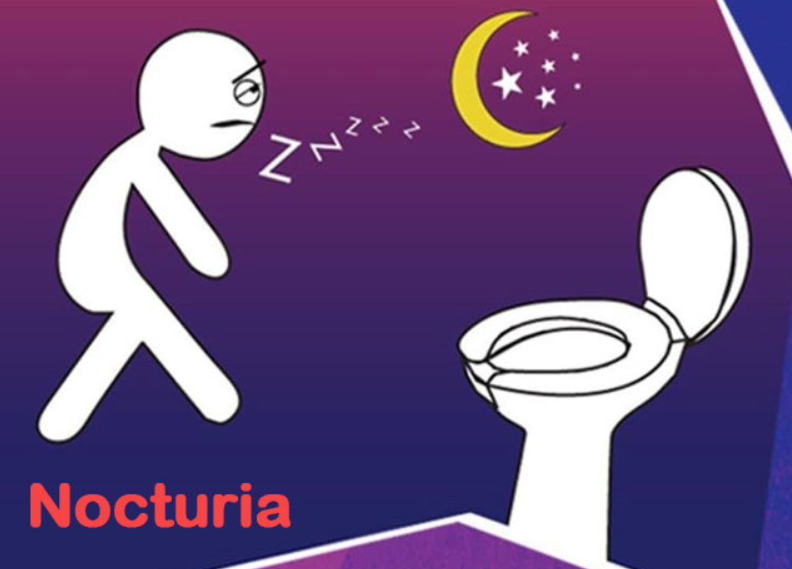Problems associated with poor sleep and poor sleep may, according to a new study by scientists in Berkeley, California, increase a person’s emotional stress by one third.
They have recently done a study to determine how poor and bad sleep can affect the mental state of a person.
During the research, nearly 330 people aged 18 to 50 were interviewed and their results published in the professional journal Nature Human Behavior.
In the first part of the study, the scientists used MRI and polysonography (sleep study) to measure brain waves in 18 young adults while watching some emotional videos. They were followed for the first time after a good quality night’s sleep, and for the second time after a sleepless night.
Shortly after viewing the videos, study participants were asked to complete a stress assessment questionnaire, the Independent writes.
Scientists have found that the medial prefrontal cortex in the brains of the subjects, which contributes to anxiety relief, does not function properly after a poor night’s sleep. At the same time, they found that the “deeper” emotional centers of the brain are more reactive.
The results were replicated in another study involving 30 subjects in their twenties, thirties, and forties.
At the same time, an online study was conducted to measure sleep quality and anxiety in 280 young and middle-aged individuals over a four-day period.
Low sleep has been shown to increase emotional stress in some individuals by as much as 30 percent.
Professor Matthew Walker, one of the authors of the study, said his colleagues have been able to identify a new feature of deep sleep that decreases anxiety overnight through reorganizing brain linkages.
Dr Ethi Ben Simon, one of the study’s authors, said the study suggests that insufficient sleep increases anxiety levels and vice versa, that deep sleep contributes to reducing this type of stress.
“People suffering from anxiety disorders regularly complain about sleep disorders but improving sleep quality is rarely considered a clinical recommendation to reduce anxiety. Our study not only establishes a causal link between sleep and anxiety, but also recognizes the type of deep sleep we need to soothe,” Simon said.
Numerous adolescents between the ages of 12 and 18 should sleep between eight and nine hours at night, and adults between the ages of 18 and 65 are recommended to sleep seven to nine hours.
A recent study has also found that sleeping less than six hours a night could double the risk of early death in chronic disease sufferers.
The next day, the symptoms of insomnia feel tired. Fatigue is a physical and psychological disorder that is a result of focus, attention deficient and memory. In a person’s non-sleepiness makes them easier to make mistakes, becomes anxious and irritable. At the same time, the resistance to stress is decreased.




